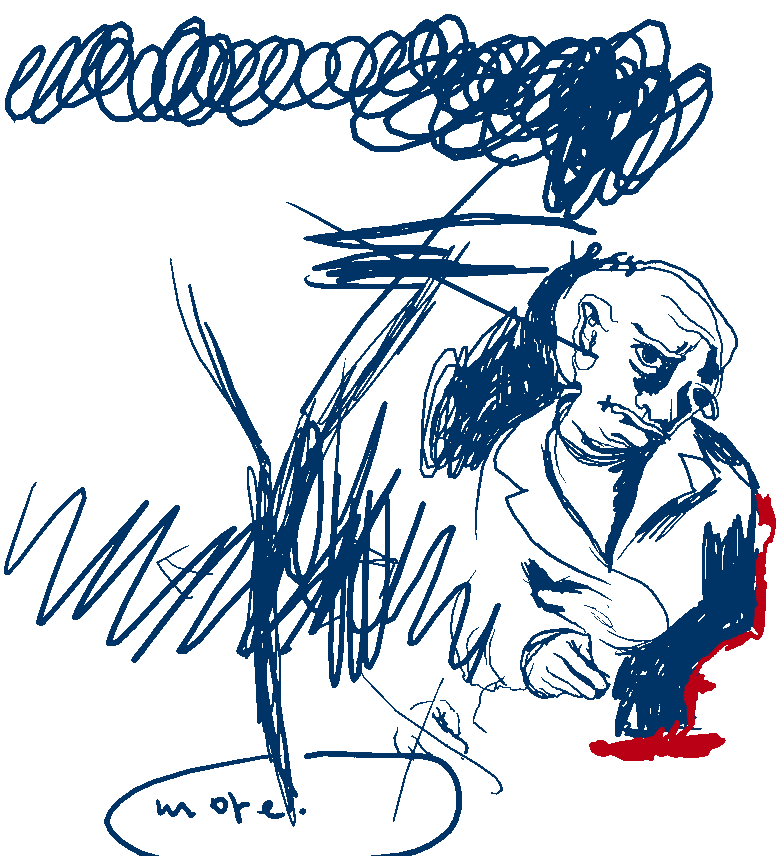What we covered here
• US weighs options: President Donald Trump said he will allow two weeks for diplomacy to proceed before deciding whether to launch a strike in Iran. A powerful Iran-backed militia in Iraq vowed to attack US military bases in the region if Trump decides to enter the conflict.
• Conflict rages: A major hospital in Israel’s south has sustained “extensive damage” from a wave of Iranian missiles, according to officials. Iran said it targeted a nearby technology park it claims was used by the Israeli military. Israeli Prime Minister Benjamin Netanyahu warned his military will “strike all the nuclear facilities” in Iran.
• Israel threatens Iran’s top leader: Netanyahu has not ruled out targeting Iran’s supreme leader, saying “no one in Iran should have immunity,” after Israel’s defense minister said Ayatollah Ali Khamenei cannot be allowed to “continue to exist.”
• On the ground: CNN’s Fred Pleitgen is in Tehran, where the streets are nearly empty amid the sounds of sporadic thuds and outgoing anti-aircraft fire.
















